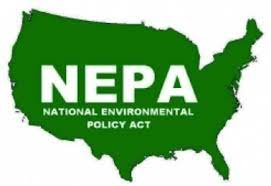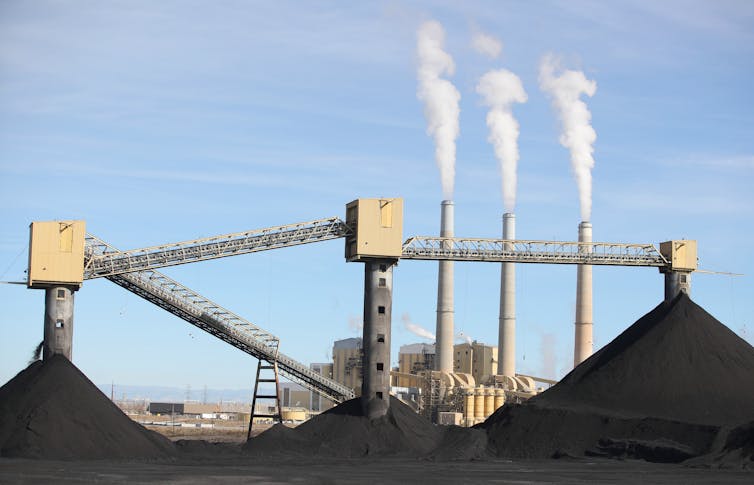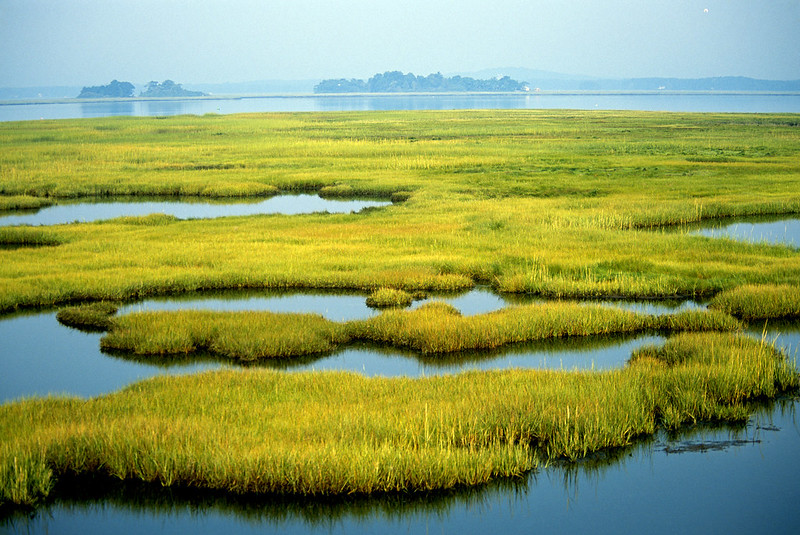“It was the conservative court’s larger agenda to gut the regulatory state and decimate executive powers to protect Americans’ health and safety,” warned one expert.
By Jake Johnson Published 7-1-2022 by Common Dreams
Over the past several decades, corporate lawyers, right-wing activists, Republican officials, and dark money groups with deep pockets have been laying the groundwork for a far-reaching legal assault on the federal government’s ability to regulate U.S. industry—including the oil and gas sector threatening the planet.
On Thursday, their investments bore major fruit.
In a 6-3 decision along ideological lines, a Supreme Court packed with right-wing judges handpicked and boosted by some of the same forces leading the yearslong crusade against the power of regulatory agencies—which conservatives often dub the “administrative state”—dramatically restricted the Environmental Protection Agency’s authority to rein in greenhouse gas pollution from power plants. Continue reading





